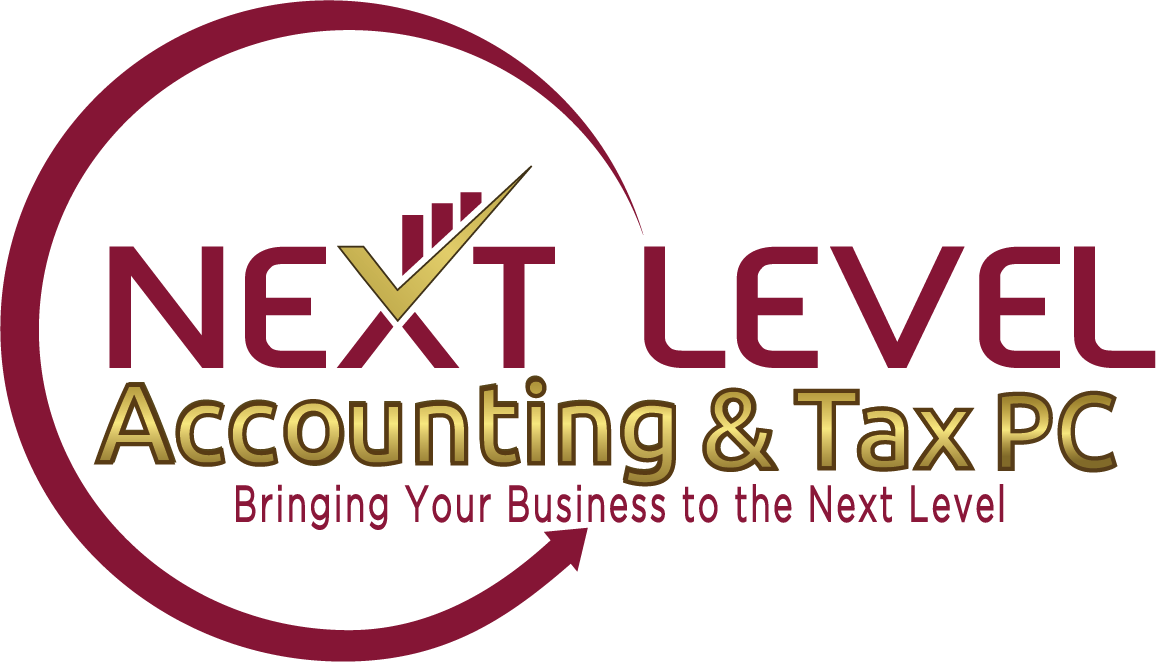Rental Income & Expenses
Rental Income
Rental income includes any payment received for the use or occupancy of property. In addition to normal rent payments, the following items are reported as rental income.
| Types of Rental Income | Description |
| Advance rent | Any amount received prior to the period that the payment covers. |
| Payment for cancelling a lease | Any amount paid by a tenant to cancel a lease. |
| Expenses paid by tenant* | Any amount paid by a tenant on behalf of the landlord to cover maintenance or improvement expenses. |
| Property or services** | The fair market value (FMV) of property or services received in lieu of rent. |
| All of these types of rent are reported as income in the year received. |
|
* Example: If a furnace in a rental property stops working, and the tenant pays the repair costs and subsequently deducts the amount from rent, the cost of the repair is treated by the landlord as rental income. The landlord would report the amount as income and also report the amount as a rental expense for repairs and maintenance. ** Example: If the tenant provides services for the landlord in lieu of rent, the FMV of the services is reported by the landlord as rental income. If the services are provided at an agreed upon price, that price is considered FMV unless there is evidence to the contrary.
|
Security Deposits
A security deposit is not included in rental income when received if the property owner plans to return it to the tenant at the end of the lease. If any amount is kept during the year because the tenant did not live up to the terms of the lease, include that amount as rental
income. If an amount called a security deposit is to be used as a final payment of rent, it is advance rent and is included as income in the year received.
Note: Individual states have laws requiring payment of interest by landlords who hold security deposits.
Rental Expenses
A deductible expense is any expense that is both:
• Ordinary. Common and accepted in the taxpayer’s line of work, and
• Necessary. Helpful and appropriate for work.
An expense need not be required in order to be considered necessary. Facts and circumstances must be considered in each case to determine whether an expense is ordinary and necessary.
Depreciation
Depreciation deductions begin when property is ready and available for rent.
Vacant Property
Expenses are deductible beginning at the time the property is available for rent regardless of when rental income is actually received.
Insurance Premiums Paid in Advance
Insurance premiums paid more than 12 months in advance are deducted in the year to which the policy applies. Premiums paid for 12 months or less are deductible in the year paid.
Local Transportation Expenses
Local transportation expenses incurred to collect rental income or to manage, conserve, or maintain rental property are deductible. The taxpayer may deduct either actual expenses or the standard mileage rate for an auto (53.5¢ per mile for 2017).
Commuting
IRS regulations for investment expenses specifically mention commuter’s expenses as being nondeductible, making the same commuting rules that apply to business expenses also apply to passive rental activities.
Travel Expenses
Expenses for traveling away from home, such as transportation and lodging, are deductible if the primary purpose of the trip is to manage, collect rental income, conserve, or maintain the rental property.
Interest
Prepaid interest is not deducted when paid. Instead, prepaid interest is deducted in the period to which it applies. Points or loan origination fees paid for rental property are deducted over the life of the loan.
Please feel free to reach out to us if you have any questions.
